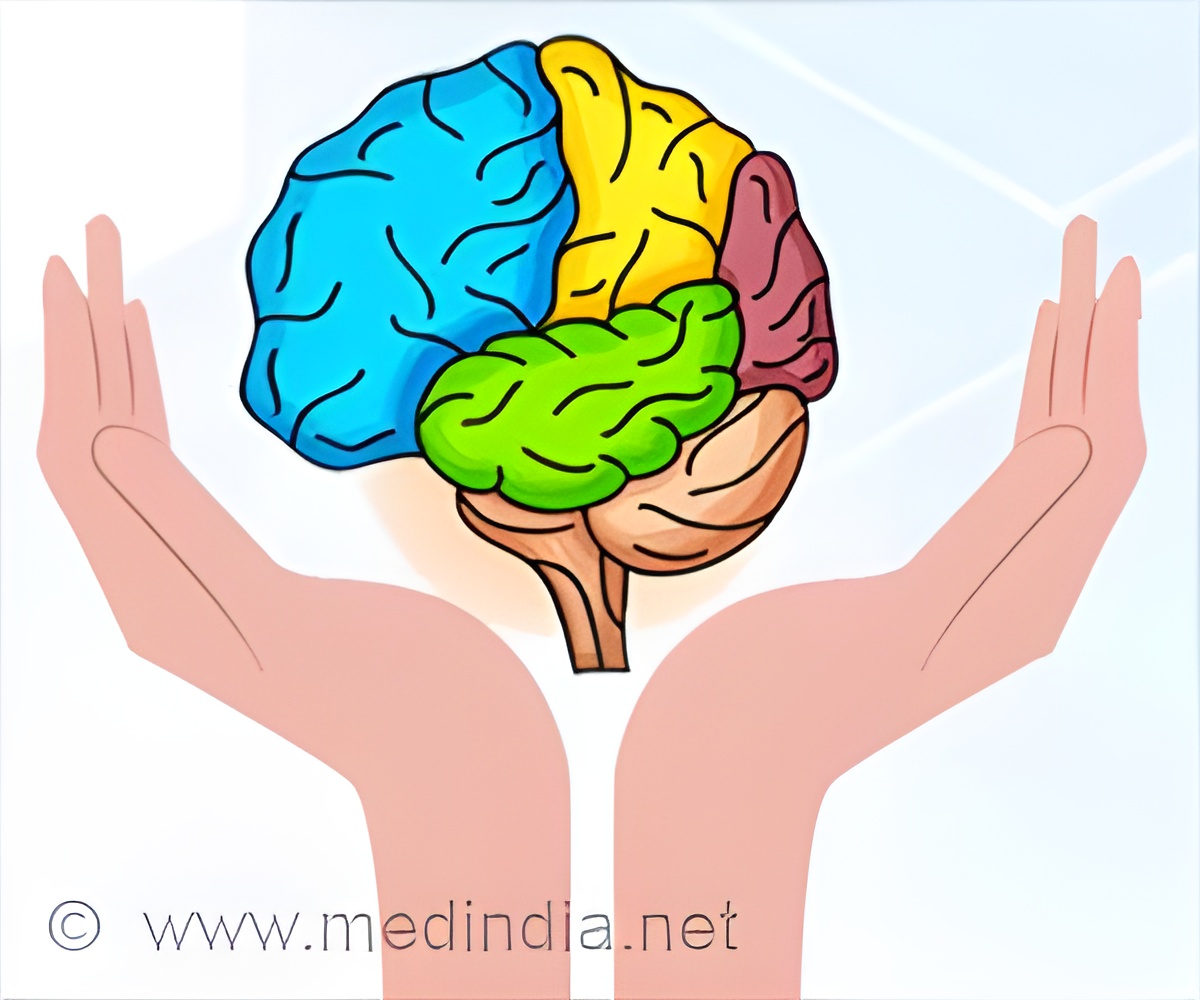Amid the COVID-19 pandemic, public health experts have flagged a manifold increase in mental health cases. The pandemic disrupted critical mental health services in 93 per cent of the countries worldwide.

‘According to a survey by the World Health Organisation (WHO), the pandemic disrupted critical mental health services in 93 per cent of the countries worldwide.’





During the pandemic people have been experiencing anxiety, fear, frustration, sadness and loneliness to the point that these feelings have become constant and overwhelming or promoting the urge to attempt suicide. Existing mental health conditions, including severe anxiety and major depression, have also worsened. Dr Jyoti Kapoor, Senior Psychiatrist at Gurugram's Paras hospital, said, "In the last three months, the cases of mental health illness have increased nearly two-fold, with 25 per cent new cases of obsession and 50 per cent more cases of anxiety in the psychiatry OPD. Psychosomatic manifestations are also on the rise."
"The prolonged self-isolation and social-distancing measures have caused deterioration in the condition of old or pre-existing patients. Even depressive symptoms have recurred in patients who were otherwise stable," Kapoor added.
People are now taking the help of experts to tackle the situation as awareness about mental health has increased due to celebrities' endorsement of mental health concerns coupled with unfortunate events such as the death of Bollywood actor Sushant Singh Rajput.
"There is an increase of 80 per cent in patients. Most of the patients are between 19 and 40 years, and the predominant concerns they have include job loss, anxiety due to Covid-19 cases nearby, separation from near and dear ones and the inability to meet them or friends due to lockdown," said Dr Shweta Sharma, Consultant Clinical Psychologist, Columbia Asia hospital.
Advertisement
Dr Manu Tiwari, Consultant Psychiatrist at Noida's Fortis hospital, said, "With anxiety and insomnia in the beginning, now we are also seeing mood disturbances. The cases of substance abuse withdrawal and domestic violence have also increased substantially. One can identify and manage the triggers better as well as develop emotional-coping mechanisms."
Dr Shuchin Bajaj, Founder-Director of Ujala Cygnus Group of hospitals, said there is a need to ensure that mental health counselling is available to each and every member of the community. "Telemedicine is playing a big role in providing high quality, low-cost mental healthcare to all citizens of the community and we need to promote it in a big way."
According to a report by WHO it is estimated that nearly 36 per cent of Indians are depressed or suffering from some kind of mental disorder, said Kartik Naidu, Transpersonal Therapist and Trainer at Green Aura Holistic.
"The problem with our society is that there is a stigma attached to mental health problems. People are dismissive and judgmental towards the victim which discourages him/her to seek therapy and professional help. It is considered to be a sign of weakness which is why many people would rather suffer than speak about it or get help," Naidu added.
"Not only this, companies should start providing facilities for treating any kind of mental illness. A recent WHO study suggests that the financial returns are more than four times the investment made in treating mental health issues. We as a society should treat it as any physical illness," said Naidu.
Source-IANS















